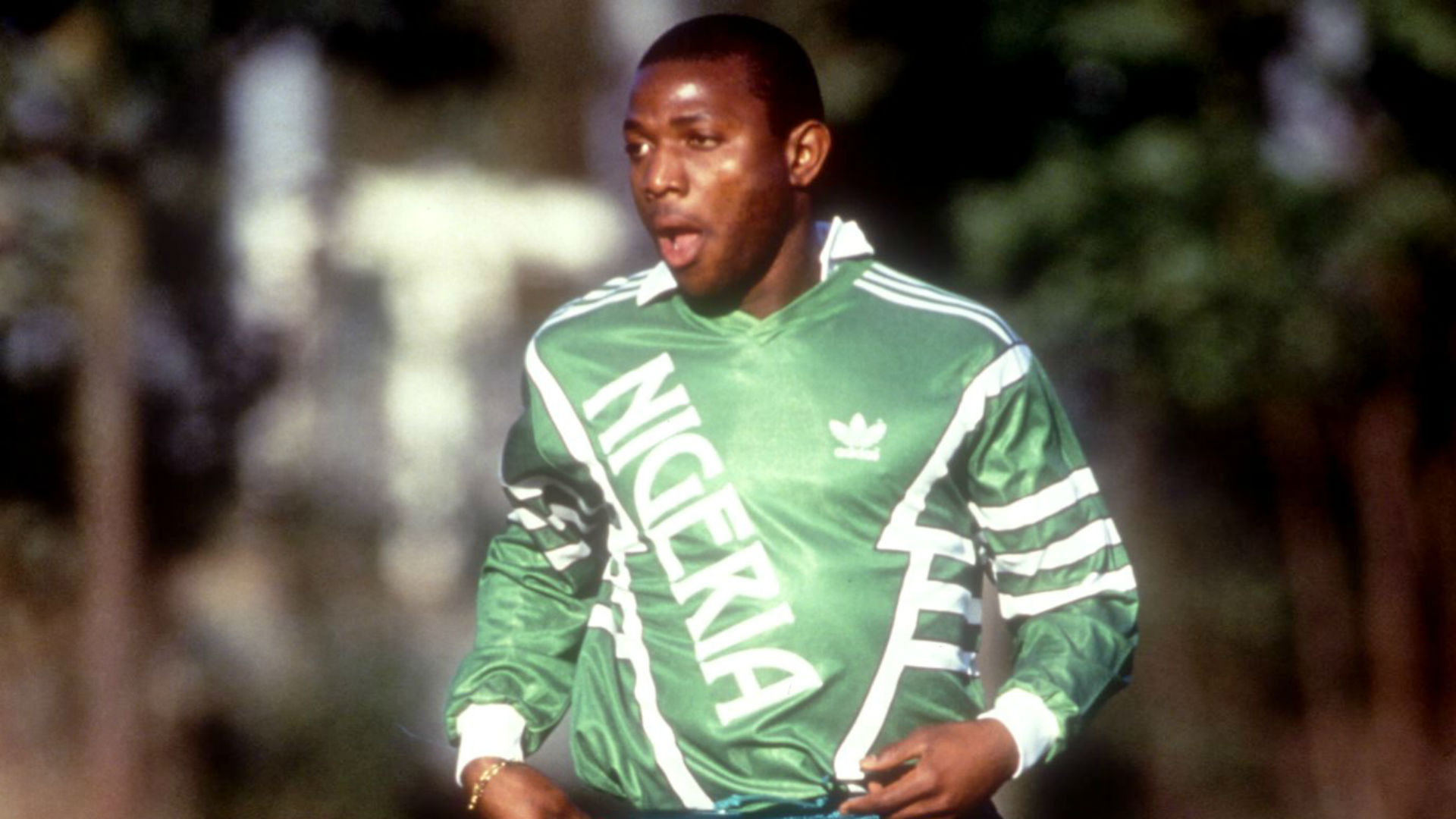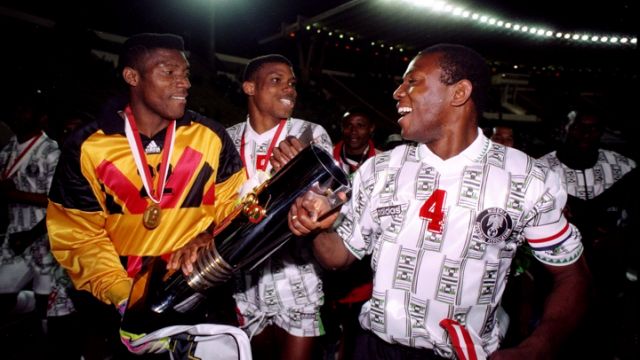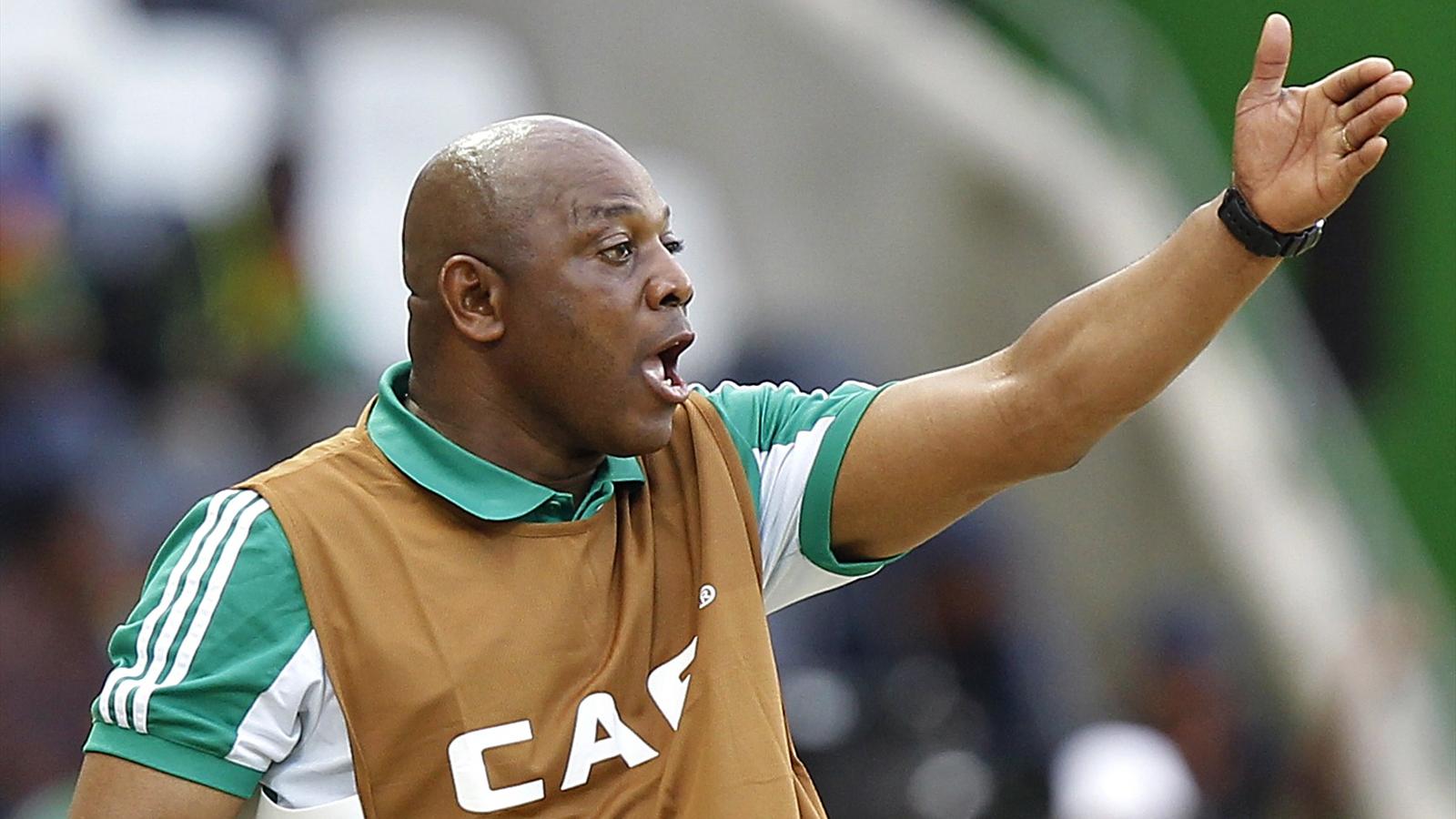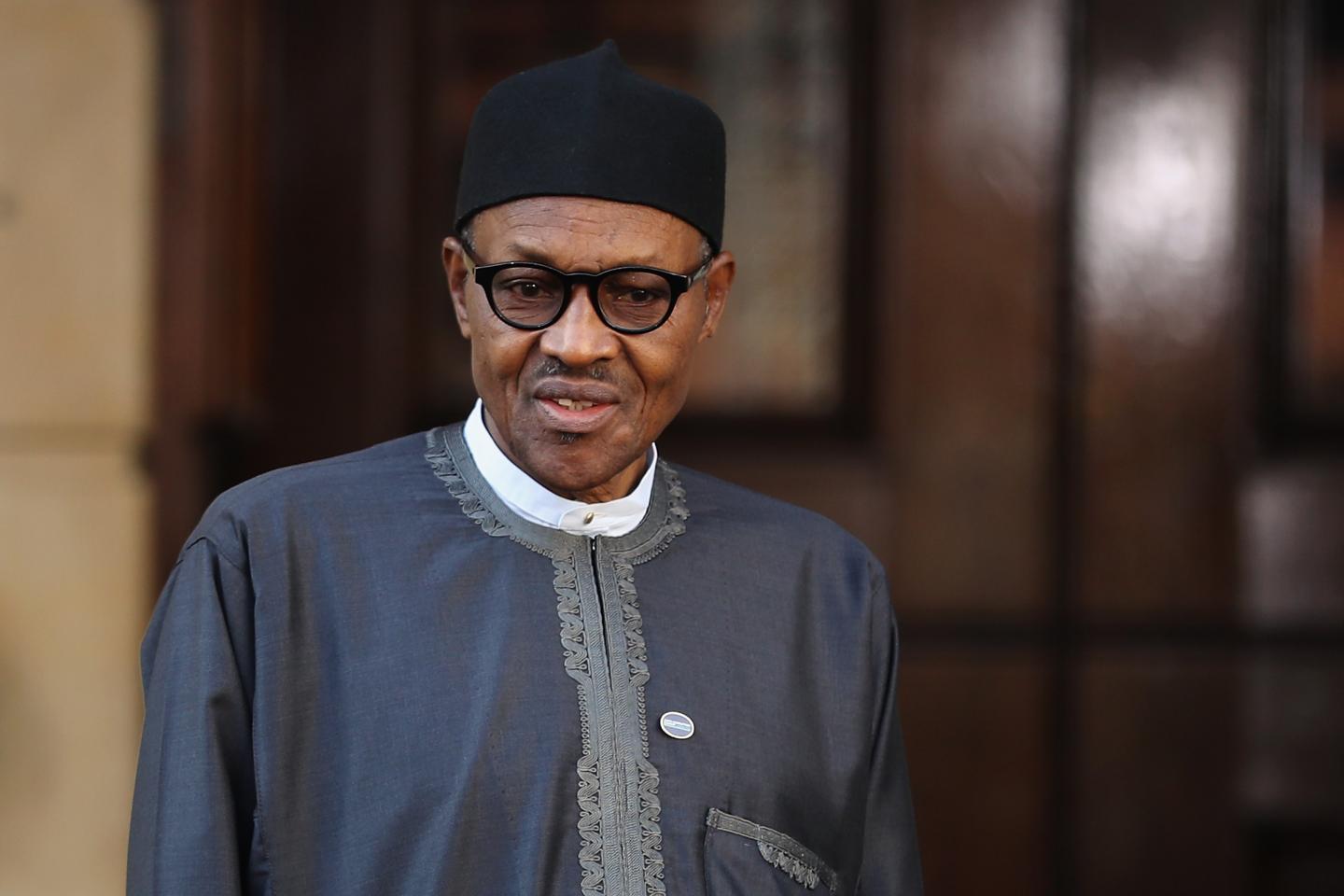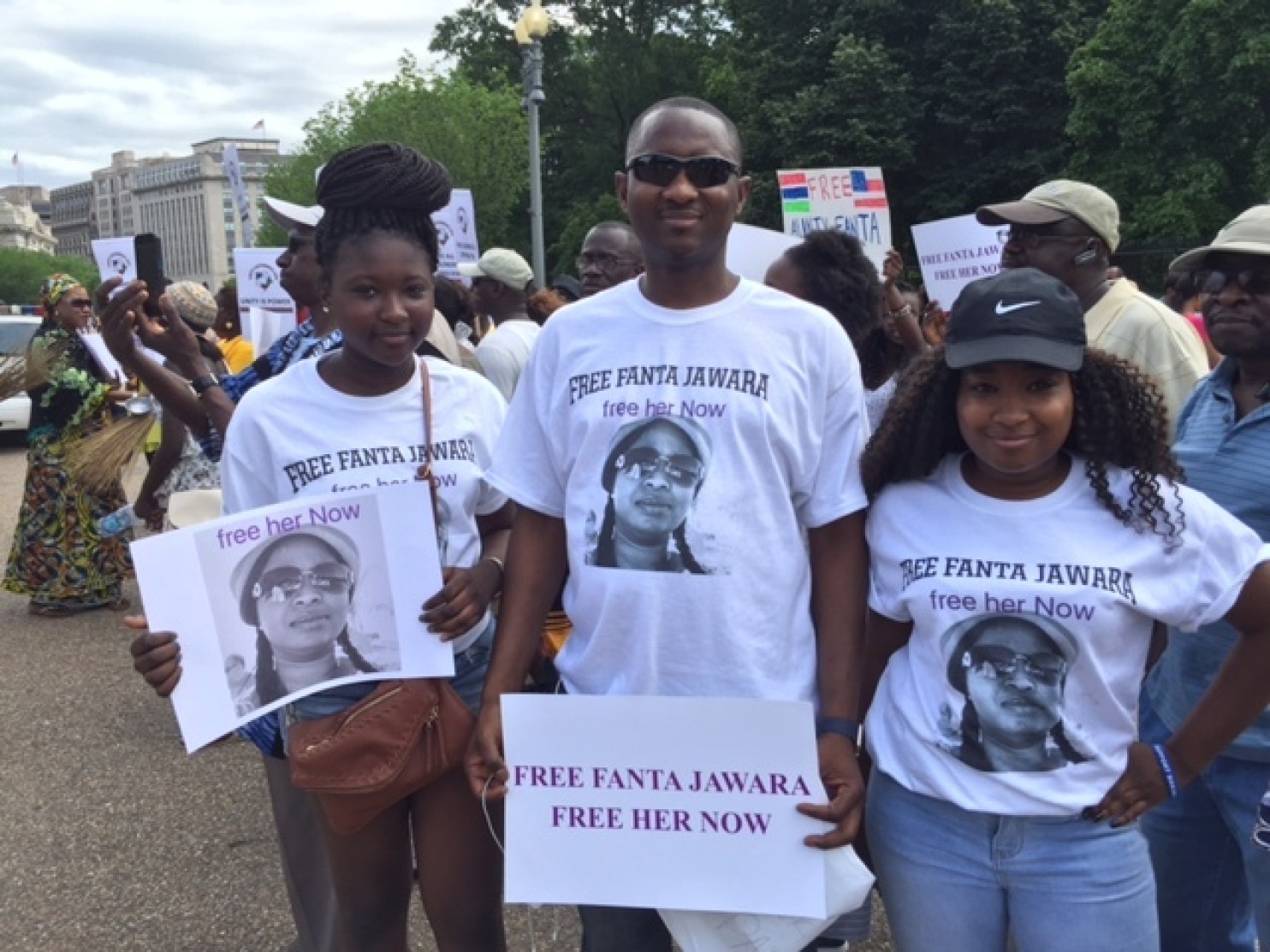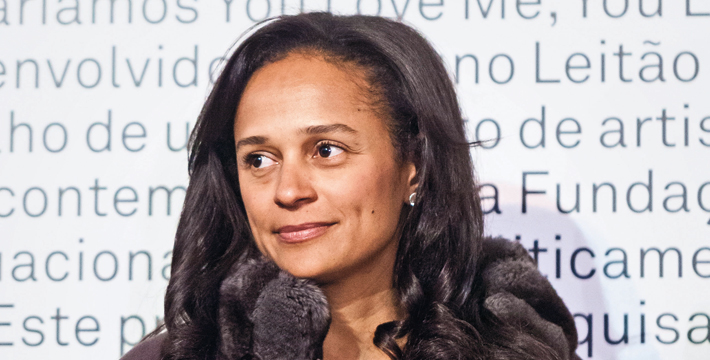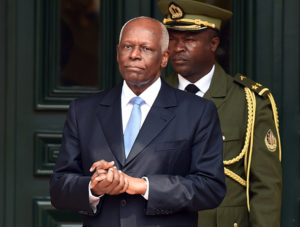
Nathan Hale spent 20 years balking at the thought of going to college. The former retail manager always wanted to make films for a living, but eventually realized that he needed an education.
“I started looking at Houston Community College and got really excited about what I saw,” said Hale, who recently graduated with a degree in Digital Simulation/3-D Animation. “HCC is there to facilitate dreams and opportunities and I am thankful for that.”
Hale is now a full-time videographer/producer/editor at HCC Television. He shared his compelling story with an audience of fellow students, community and industry partners, along with HCC administrators, faculty, and staff at the grand opening of the HCC Media Arts and Technology Center of Excellence. Housed at the HCC Alief-Hayes Campus, the Media Arts and Technology Center of Excellence offers courses in Digital Communication, Filmmaking, Audio Recording, and Music Business.
“Our students have unprecedented access to industry-standard facilities and equipment that will help prepare them for successful careers, whether in film and video production, audio recording and live sound, entertainment and music business, or any of the specializations of digital communication,” said HCC Northwest President Dr. Zachary Hodges.
That access includes a 3,200 square foot sound stage with a 20’x 20’x12’ green screen, Foley studio, film editing booths, a screening theater, and other state-of-the-art tools and software to train students to work with well-known business and community leaders.
“The mission of this Center of Excellence is to provide students exposure to innovative workforce programs that create career pathways to meet the wide-ranging needs of businesses and the community,” said Dr. Jimmy Adams, director.
HCC graduates have gone on to work at Sugarhill Recording Studios, Lakewood Church, and House of Blues, as well as organizations such as Houston Cinema Arts Society — led by Executive Director Trish Rigdon, a former student who is proud to give back to HCC.
“We are excited about the opportunity to work with Houston Community College as you take your film program to the next level,” said Rigdon. “I am looking forward to seeing the names of HCC students among the credits on films made in Houston and screened at our annual Houston Cinema Arts Festival. With partners like Houston Community College, the future of media arts and technology in Houston is limitless.”
Another HCC partner, The Red Cat Jazz Preservation Society, recently gave the HCC Foundation $5,000 to support students in the Music Business program.
“Texas has been working on creating a foothold in the filmmaking industry, legislature has offered initiatives and incentives for companies to come here and do filmmaking,” said Dr. Cesar Maldonado, HCC chancellor. “It is still a young industry for Texas but it is growing and we are going to be right in the center of it here in Houston and at Houston Community College.”
Houston Community College (HCC) is composed of 13 Centers of Excellence and numerous satellite centers that serve the diverse communities in the Greater Houston area by preparing individuals to live and work in an increasingly international and technological society. HCC is one of the country’s largest singly-accredited, open-admission, community colleges offering associate degrees, certificates, workforce training, and lifelong learning opportunities. To learn more, visit http://www.hccs.edu/



